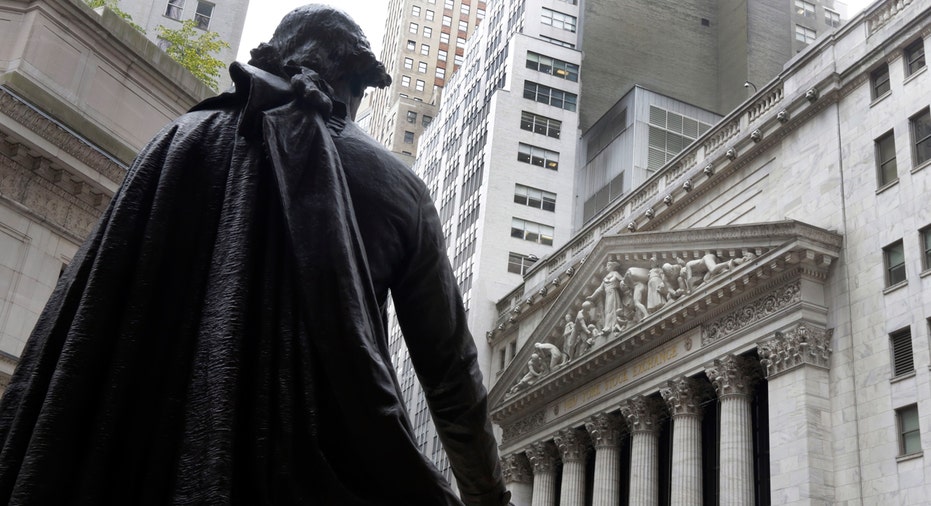Wall Street Braces For Lower Bonuses

Wall Street bonuses are expected to drop for the first time in four years as financial firms reel from a choppy 2015, according to a closely watched study from consulting firm Johnson Associates.
Chaotic global markets harmed the returns of many money managers and delayed companies' plans to go public, affecting pay for asset-management employees and investment bankers charged with underwriting initial public offerings. Bonuses for fixed-income traders are also expected to drop for a fifth year in a row as large banks continue to wrestle with new regulations that rein in risk-taking.
The last time year-end payouts dropped across the industry was 2011, according to Johnson Associates. The consulting firm based its 2015 projections on how much firms had set aside for employee pay and benefits through the first nine months of the year, along with discussions with clients.
"It's a disappointment," said Alan Johnson, managing director at New York-based Johnson Associates. "It's been such an uncertain year, a stressful year. Pay is down moderately, but it feels worse."
The uncertain mood across the industry should continue into 2016, said Mr. Johnson, who predicted many firms would take steps to shrink their workforces again to help lift returns.
"This year will be an inflection point," he said. "Firms are going to have to look at their cost structures again."
Executives had held out hope that certain businesses, like trading, that flourished in the years before the financial crisis will return to more-profitable levels. But those expectations may be fading, Mr. Johnson said.
"Most view 2016 as an important year," Mr. Johnson said. "It's been a long time now and people are getting impatient. Shareholders are impatient. A realization is sinking in that it's a different world."
The sharpest pay drop across the industry is expected to affect debt traders, who will see their bonuses fall 10% to 20% from a year ago, according to Johnson Associates. Equity traders are expected to fare better, with year-end payouts up as much as 10%, as a volatile market drove more client activity.
Investment bankers who advise on mergers and acquisitions should enjoy another banner year, feasting on a steady flow of deals. Their bonuses should be 15% to 20% higher this year, according to Johnson Associates. But bankers who manage stock and bond sales are expected to draw payouts, on average, 5% to 15% smaller.
Hedge funds may pay out lower bonuses, too, with investment employees expected to see declines of 5% to more than 15%, Johnson Associates predicted.
Traditional fund managers' payouts should be down 5%. Bonuses to advisers of wealthy individuals should be flat to down 5%.
Private-equity firms should be a bright spot, paying out 5% to 10% more than they had a year earlier. It would mark the fourth consecutive year buyout firms had lifted bonuses to employees, Johnson Associates said.
Bonuses paid out to retail and commercial bankers should be flat to 5% higher, the consultant said.
Johnson Associates found that a sampling of banks has set aside about 40% of revenue for employee pay and benefits, roughly what they did last year.
The median compensation ratio fell slightly among asset managers.
Senior managers and staff should see a drop of 5% to 10% in their year-end bonuses, reflecting banks' drives to lower expenses, Johnson Associates said.



















